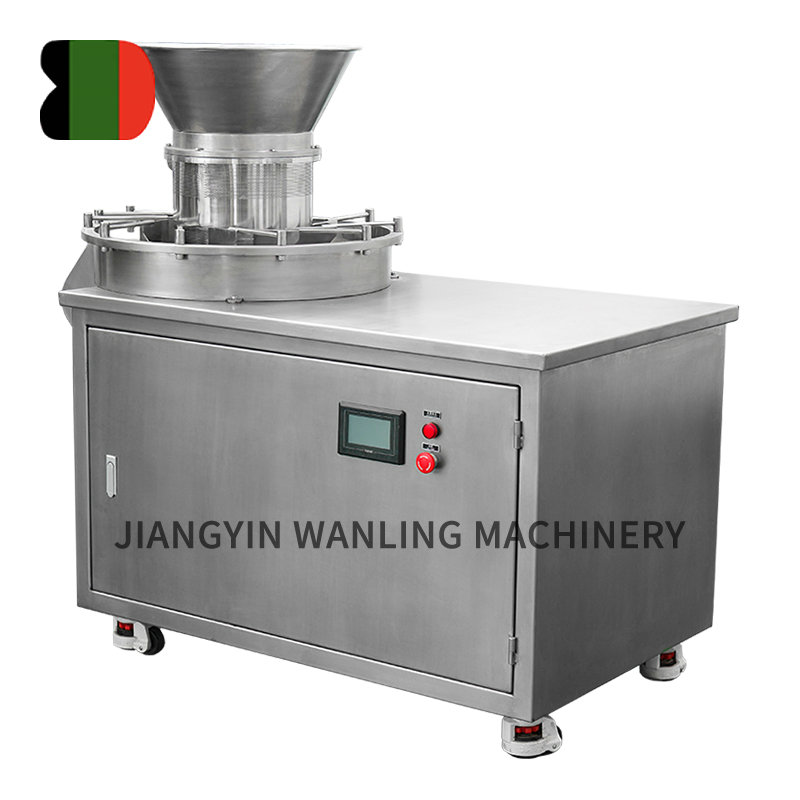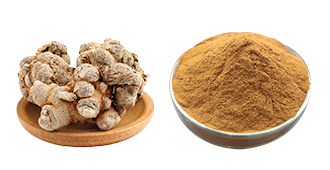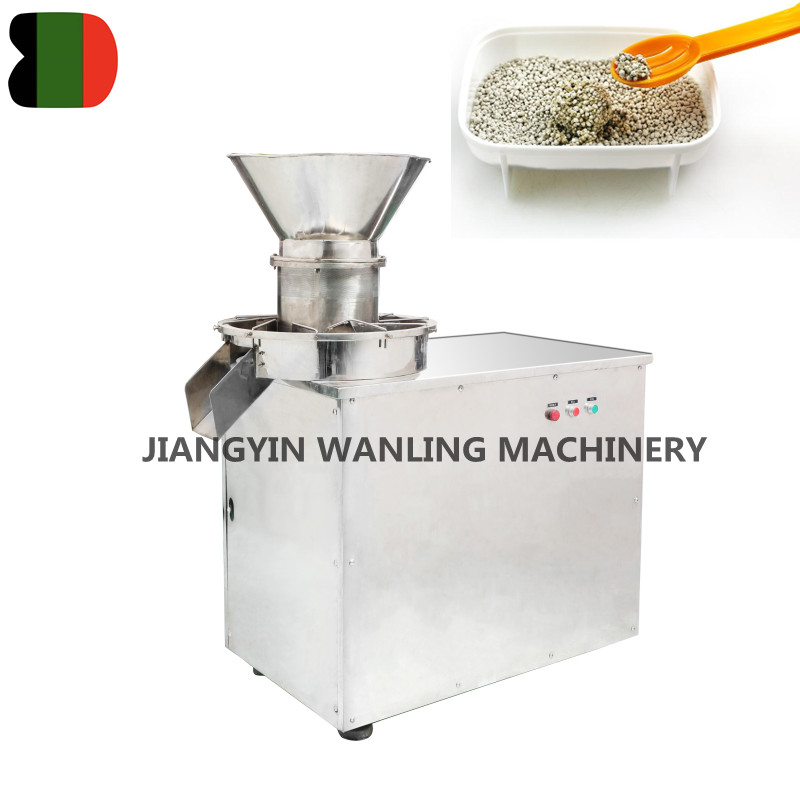Rotary Granulator Manufacturer
-


WLG Ginger Tea Granule Making Granulator
This rotary granulator equipment is a new equipment of our company recently developed. It has the advantages of automatic unloading, the eff... -

WLG Chicken Essence Granule Making Granulator
The chicken essence granule making machine is WLG rotary granulator. It is suitable for various materials including medicinal granules, soli... -


WLG detergent powder granule making machine
The detergent powder granule making machine is WLG rotary granulator machine, it can make little wet powder to granule. The granule size can...
Rotary granulator is a type of machine that uses the swinging action of a rotating drum to grind wet powder materials into particles through a sieve. It can also be widely used for crushing already formed blocks into ready-made particles. In the field of chemical drugs, it is used as a wet bound powder to grind into particles, which are dried and used for pressing tablets. It can also be crushed into blocks that have solidified during storage or formed during chemical processing. In the food industry, it is used to process candies, sugar mixtures, malt milk, and other products. In other industries, such as ceramics, plastics, and other mixtures become formed particles. It is not suitable for semi-solid, fluid, slurry or wear purposes.

About Us
Honor
-
 Honor
Honor -
 CE
CE
News
-
Industry News 2026-01-20
Introduction to Fluid Bed Granulators in Powder Processing Fluid bed granulators have become a cruci...
View More -
Industry News 2026-01-12
Introduction to Tray Dryers Tray dryers are widely used industrial drying machines designed for dryi...
View More -
Industry News 2026-01-06
Introduction to Spice Grinding Machines Grinding machines for spices are essential equipment for bot...
View More -
Industry News 2026-01-04
Introduction to Industrial Drying Methods Drying is a critical process in pharmaceutical, chemical, ...
View More
Industry Knowledge Expansion
What kind of materials can be processed by the rotary granulator in the ceramics and plastics industries?
Ceramics Industry:
Raw Materials: The rotary granulator can process raw materials such as clay, feldspar, and other mineral powders used in the production of ceramic products.
Mixing and Granulation: It helps in the mixing of different ceramic components to achieve a uniform mixture, which is then granulated into a form that can be easily handled and shaped.
Firing Preparation: Granulated materials are easier to compact and fire, which is a critical step in the production of ceramics.
Plastics Industry:
Plastic Compounds: The granulator can process plastic compounds and masterbatches, which are mixtures of polymers and additives.
Reprocessing: It is used to reprocess recycled plastic materials into granules that can be reused in the manufacturing process, promoting sustainability.
Color and Additive Distribution: The rotary action of the granulator ensures even distribution of colorants and additives throughout the plastic material.
Pelletizing: After the granulation process, the plastic can be further processed into pellets, which are a common form used in injection molding and other plastic processing techniques.
In both industries, the rotary granulator plays a crucial role in preparing materials for the next steps in the manufacturing process, whether it's shaping, molding, or firing. The granulator's ability to create uniform particle sizes is essential for maintaining the quality and consistency of the final products.



 Español
Español
